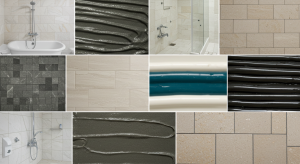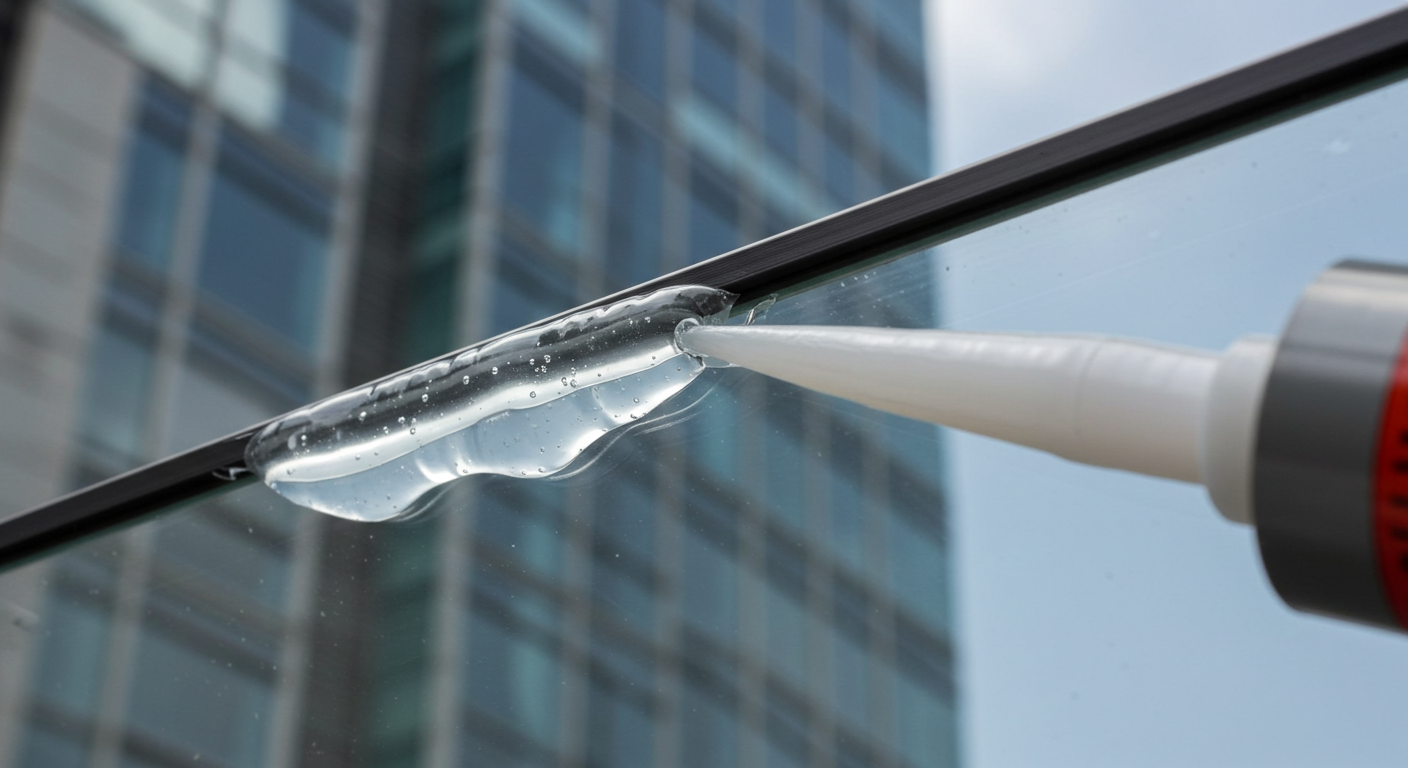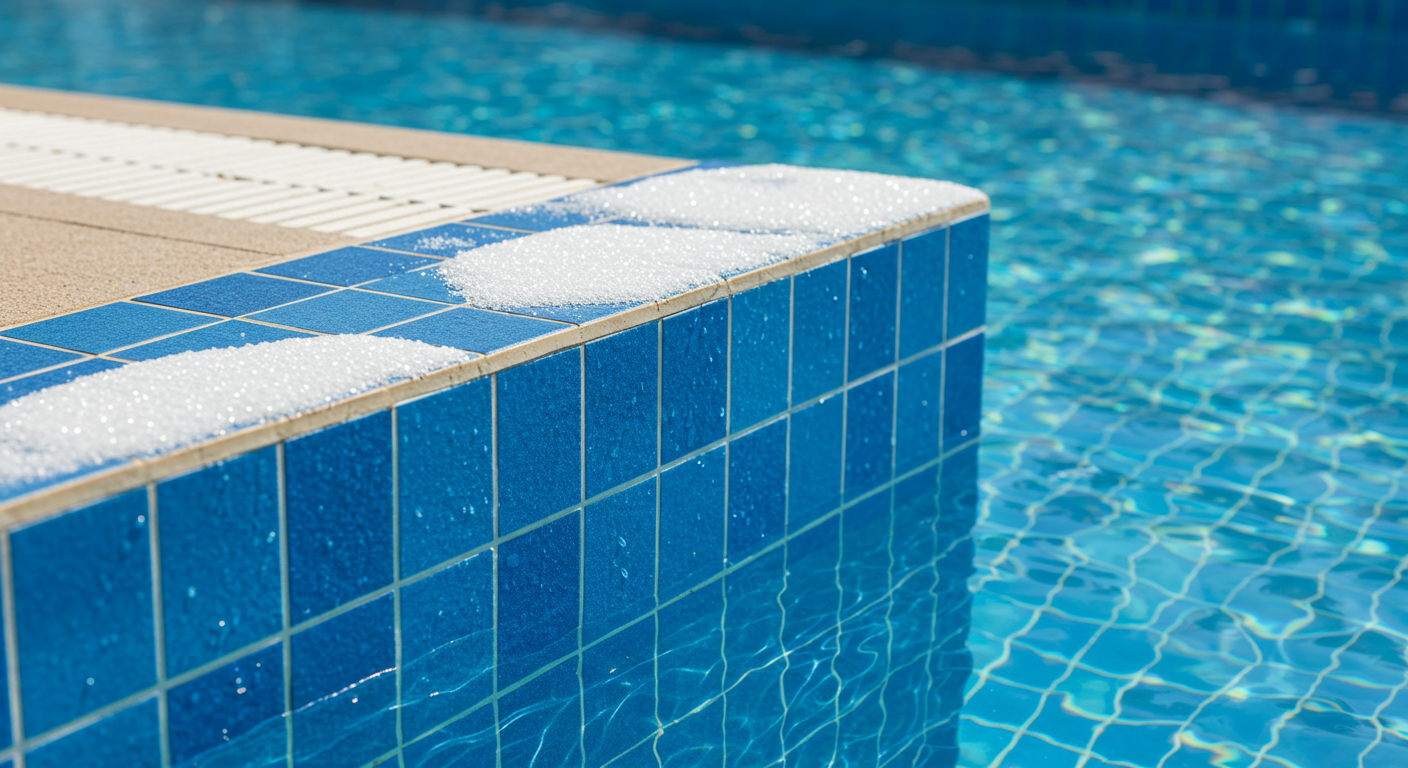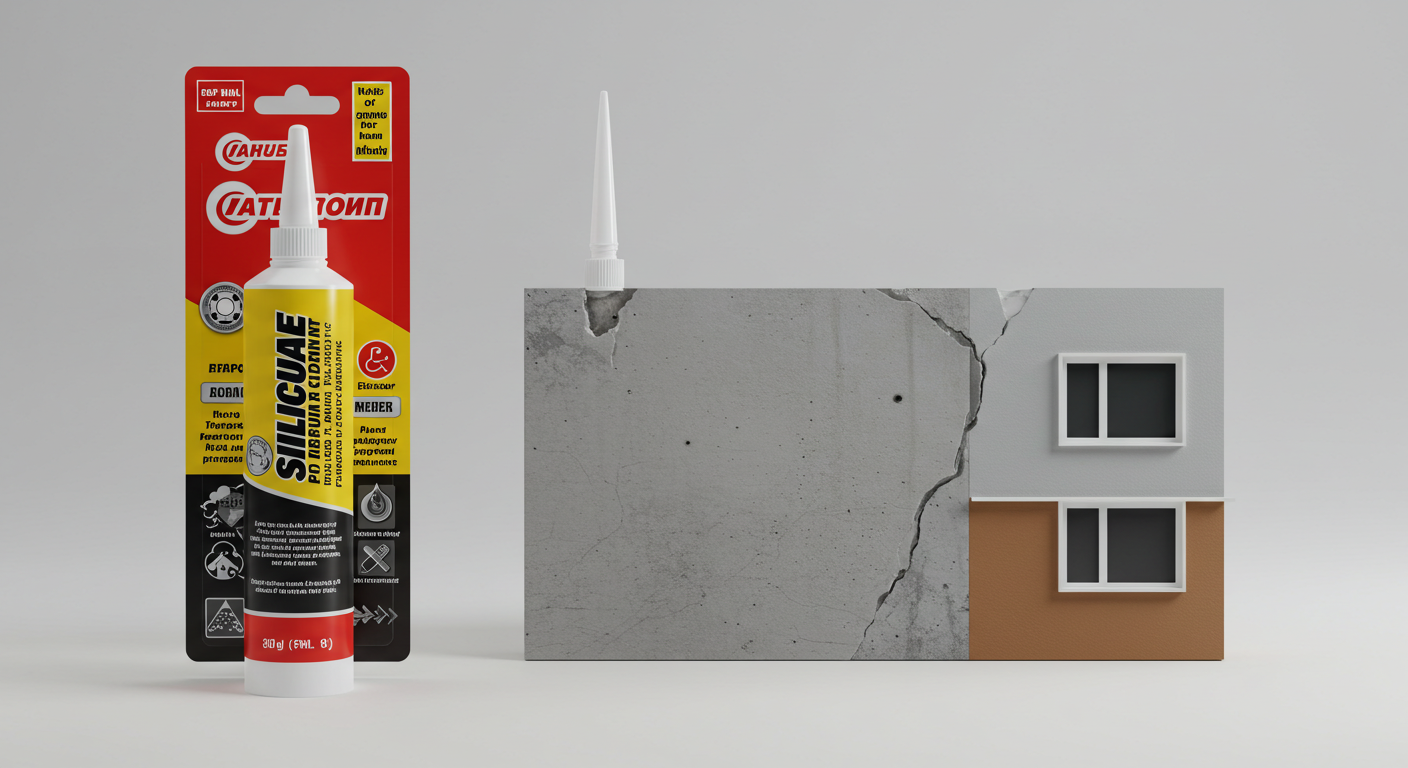High-Performance Epoxy Grout for Tiles: The Ultimate Guide
2025-02-01

Tiles are a popular choice in homes and commercial spaces for their aesthetic appeal, durability, and ease of maintenance. However, achieving a flawless and long-lasting tiled surface goes beyond just choosing the right tiles—you also need high-quality grout. High-performance epoxy grout has become the go-to solution for many homeowners, contractors, and designers due to its strength, stain resistance, and waterproof properties. In this guide, we will explore everything you need to know about epoxy grout, its advantages, applications, and tips for successful installation.
What is High-Performance Epoxy Grout?
Epoxy grout is a durable and resilient material made from a combination of epoxy resins and hardeners. Unlike traditional cement-based grout, which can be porous and prone to cracks, epoxy grout cures to form a hard, non-porous surface. This makes it ideal for areas exposed to moisture, heavy traffic, or potential staining.
With its enhanced chemical composition, high-performance epoxy grout is designed to offer exceptional durability, waterproofing, and stain resistance, making it suitable for various residential and commercial applications.
Advantages of High-Performance Epoxy Grout
Epoxy grout has gained popularity for its numerous benefits compared to traditional grout options. Understanding these advantages will help you decide if it’s the right choice for your next project.
Durability and Strength
One of the standout features of epoxy grout is its exceptional strength. Once cured, it forms a rigid, durable surface that can withstand heavy foot traffic, abrasions, and general wear and tear. This makes it ideal for high-traffic areas like kitchens, bathrooms, commercial spaces, and outdoor patios.
Waterproof and Mold Resistant
Epoxy grout is completely waterproof, unlike traditional grout, which can absorb moisture over time. This waterproof feature helps prevent water damage, making it an excellent choice for wet environments such as showers, bathrooms, and swimming pools. Additionally, its non-porous nature inhibits mold and mildew growth, ensuring a cleaner and healthier environment.
Stain Resistance
Because of its non-porous surface, epoxy grout resists stains from food, oils, chemicals, and other substances. This property makes it ideal for use in kitchens and dining areas where spills are common. Stain resistance also means that cleaning and maintenance are much easier.
Color Retention
Epoxy grout is known for maintaining its color over time. Unlike traditional grout, which can fade or discolor due to exposure to moisture and stains, epoxy grout holds its vibrant appearance even in harsh conditions. It is available in a wide range of colors to complement any design.
Chemical Resistance
Epoxy grout is highly resistant to harsh chemicals, making it suitable for industrial settings, laboratories, and areas exposed to cleaning agents or acidic substances. This resistance ensures that the grout maintains its integrity and appearance despite frequent cleaning or chemical exposure.
Common Applications of High-Performance Epoxy Grout
Epoxy grout is versatile and can be used in various settings. Its strength, waterproof properties, and ease of maintenance make it a preferred choice for many applications.
Residential Applications
In homes, epoxy grout is commonly used in bathrooms, kitchens, and laundry rooms where moisture and stains are common. It is also an excellent choice for outdoor patios, balconies, and swimming pool areas due to its waterproof properties and ability to withstand exposure to the elements.
Commercial Spaces
Epoxy grout is frequently used in commercial kitchens, restaurants, hotels, and retail spaces due to its durability and resistance to stains and wear. It provides a clean, polished look that can withstand the heavy foot traffic typically seen in commercial environments.
Industrial Settings
In industrial settings, such as warehouses and laboratories, epoxy grout’s resistance to chemicals, heavy loads, and impact makes it ideal for ensuring long-lasting performance. Its ability to maintain its integrity in challenging environments makes it the grout of choice for many industries.
How to Choose the Right Epoxy Grout for Your Project
Selecting the appropriate epoxy grout requires considering a few key factors, such as the type of tile, the location, and the specific demands of the area.
Consider the Tile Type
Ensure that the epoxy grout is compatible with the tile material. Epoxy grout works well with ceramic, porcelain, glass, and natural stone tiles. However, for delicate or porous tiles like marble, you may need to consult the manufacturer or a professional to ensure that the grout does not cause discoloration or damage.
Location and Environment
Consider where the tiles are installed. For areas exposed to moisture, such as showers, bathrooms, or swimming pools, a high-performance waterproof epoxy grout is essential. For outdoor spaces, ensure that the grout is UV-resistant and can withstand temperature fluctuations.
Color and Aesthetic Consideration
Epoxy grout comes in a variety of colors, so you can choose one that matches or complements your tile design. Consider whether you want the grout to blend in for a seamless look or stand out as a design feature.
Step-by-Step Guide to Installing Epoxy Grout
Proper installation of epoxy grout is crucial for achieving a durable and visually appealing finish. Follow these steps for successful application.
Prepare the Surface
Before applying epoxy grout, ensure that the tiles are properly installed and the surface is clean and dry. Remove any debris, dust, or excess adhesive from the tile joints.
Mix the Epoxy Grout
Epoxy grout typically comes in two or three components that need to be mixed before application. Follow the manufacturer’s instructions carefully to achieve the correct consistency. Mix only the amount you can use within the working time to avoid waste.
Apply the Grout
Using a rubber grout float, apply the epoxy grout diagonally across the tile joints, ensuring that the joints are completely filled. Work in small sections to prevent the grout from curing too quickly before you can clean it.
Clean Excess Grout
Epoxy grout can be difficult to clean once it hardens, so it’s important to clean any excess grout from the tile surface immediately. Use a damp sponge to wipe away excess grout, rinsing the sponge frequently to avoid smearing.
Allow the Grout to Cure
Follow the manufacturer’s recommended curing time, which typically ranges from 24 to 48 hours. Avoid using the tiled area until the grout has fully cured to ensure maximum durability.
Maintenance Tips for Epoxy Grout
Although epoxy grout is low-maintenance, following a few simple tips can help you keep it looking its best for years.
Regular Cleaning
Clean epoxy grout regularly using a mild soap and water solution. Avoid abrasive cleaners, which can damage the grout surface. Regular cleaning prevents the buildup of dirt, grime, and stains.
Avoid Harsh Chemicals
While epoxy grout is resistant to chemicals, frequent exposure to harsh or abrasive chemicals can cause gradual damage. Use gentle cleaning agents to maintain its appearance and integrity.
Periodic Inspections
Check the grout periodically for any signs of wear or damage, especially in high-traffic or high-moisture areas. Promptly repair any cracks or gaps to maintain the grout’s waterproofing properties.
Common Mistakes to Avoid When Using Epoxy Grout
To achieve the best results, avoid common mistakes that can compromise the performance of epoxy grout.
Insufficient Cleaning During Application
Failing to clean excess grout from the tile surface during application can result in a sticky residue that is difficult to remove once the grout hardens.
Mixing Incorrectly
Improper mixing can lead to inconsistent curing or a weakened final product. Always follow the manufacturer’s mixing instructions precisely.
Ignoring Curing Time
Using the tiled area before the grout has fully cured can compromise its strength and waterproofing capabilities. Allow sufficient time for curing to ensure long-lasting results.
Conclusion
High-performance epoxy grout is a game-changer for anyone seeking a durable, waterproof, and low-maintenance tiling solution. Its superior strength, stain resistance, and long-lasting color retention make it ideal for both residential and commercial applications. Whether you are renovating a bathroom, tiling a kitchen, or working on a large-scale commercial project, epoxy grout ensures that your tiles remain beautiful and functional for years to come. With proper installation and maintenance, epoxy grout will provide a flawless finish that enhances the aesthetics and performance of your space.




